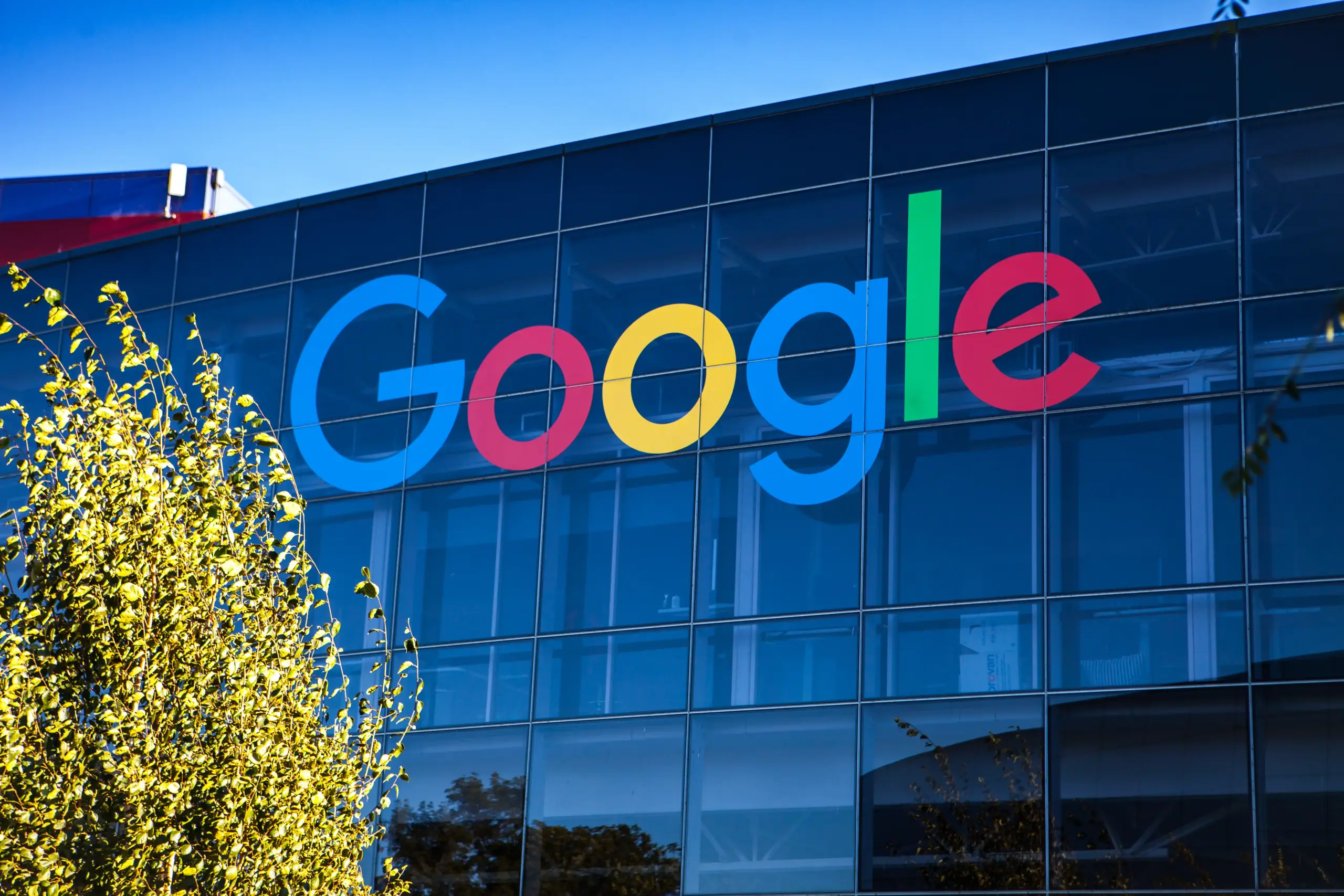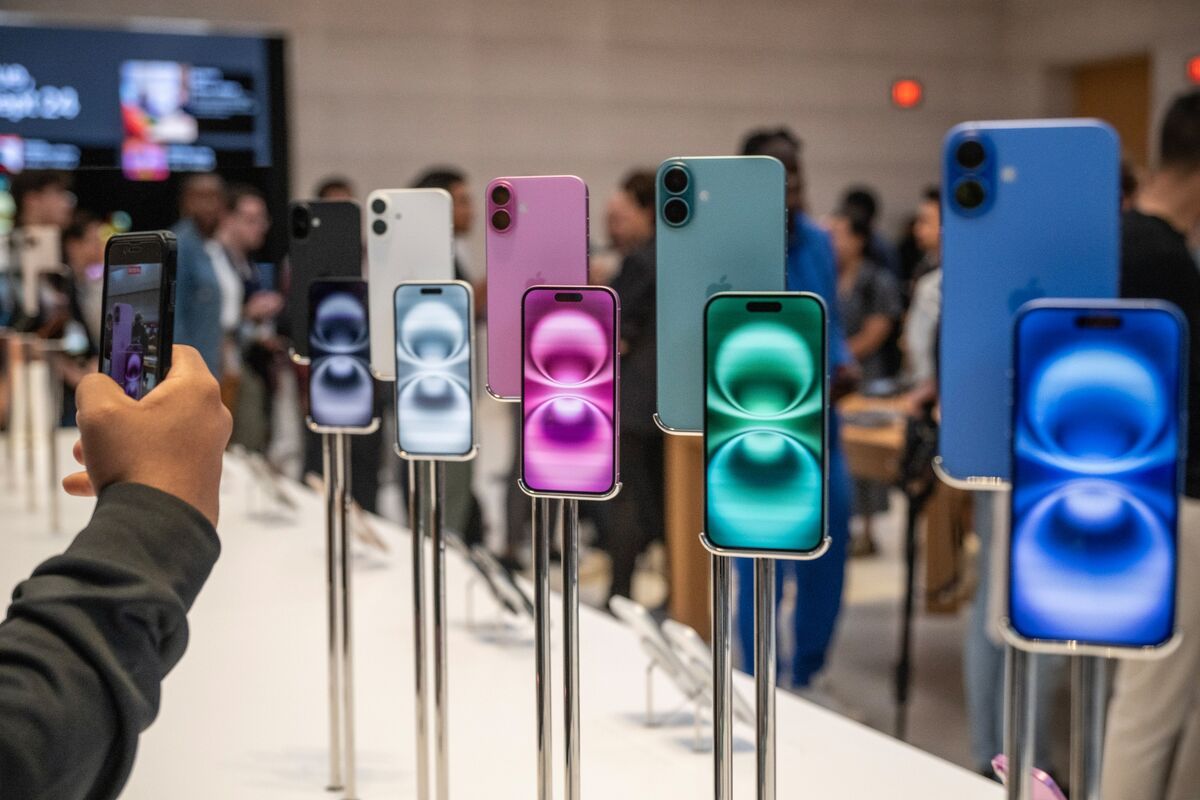In a bold move that has sent shockwaves across the digital landscape, Meta (formerly Facebook) has unveiled a groundbreaking feature: AI-generated posts. This innovative tool harnesses the power of artificial intelligence to autonomously craft content, ranging from informative articles and engaging social media updates to persuasive advertisements. While this development promises to revolutionize content creation, it also opens a Pandora’s box of potential dangers, raising serious concerns about misinformation, manipulation, and the erosion of trust.
The Allure of AI-Generated Content
The appeal of AI-generated posts is undeniable. For businesses and individuals, it offers a tantalizing prospect: the ability to produce high-quality content at scale, without the need for extensive human intervention. This could save time, resources, and money, while enabling more frequent and engaging interactions with audiences. Furthermore, AI’s ability to analyze vast amounts of data could lead to hyper-personalized content, tailored to individual users’ preferences and interests.
The Dark Side of AI-Generated Content
However, the potential benefits of AI-generated posts are overshadowed by a multitude of risks. Chief among these is the potential for misinformation and manipulation. AI algorithms, while sophisticated, are not infallible. They can be susceptible to biases, inaccuracies, and even malicious intent. In the wrong hands, AI-generated posts could become a powerful tool for spreading false narratives, propaganda, and deepfakes.
The Erosion of Trust
The proliferation of AI-generated content also threatens to erode trust in online information. As it becomes increasingly difficult to distinguish between human-created and AI-generated content, users may become skeptical of everything they encounter online. This could have a chilling effect on public discourse, hindering the free exchange of ideas and information.
- Deepfakes and Disinformation: AI-generated posts could be used to create highly realistic deepfakes, videos or audio recordings that convincingly mimic real people. These could be used to spread false information, smear reputations, or even incite violence.
- Micro-Targeted Manipulation: AI’s ability to analyze user data could enable highly targeted manipulation. Advertisers and political campaigns could use AI-generated posts to deliver personalized messages designed to exploit individual vulnerabilities and biases.
- Echo Chambers and Filter Bubbles: AI algorithms, trained on user data, could inadvertently reinforce existing echo chambers and filter bubbles. Users may be exposed only to content that confirms their pre-existing beliefs, further polarizing online discourse.
- Job Displacement: The automation of content creation could lead to job losses in industries such as journalism, marketing, and creative writing.
The Need for Regulation and Transparency
To mitigate the risks associated with AI-generated posts, it is imperative that Meta and other tech companies implement robust safeguards. These should include:
- Clear Labeling: All AI-generated content should be clearly labeled as such, allowing users to make informed decisions about the information they consume.
- Transparency: Companies should be transparent about the algorithms and data used to generate AI content. This would enable independent scrutiny and help identify potential biases or vulnerabilities.
- Human Oversight: AI systems should be subject to human oversight to ensure they are not being used for malicious purposes.
- Ethical Guidelines: Tech companies should develop and adhere to ethical guidelines for the use of AI in content creation.
The Future of AI-Generated Content
The genie is out of the bottle. AI-generated content is here to stay, and its impact on our digital lives will only grow in the years to come. While the potential benefits are significant, the risks are equally profound. It is up to us, as users, creators, and regulators, to ensure that AI is used responsibly and ethically, to enhance our lives rather than diminish them.










Add Comment